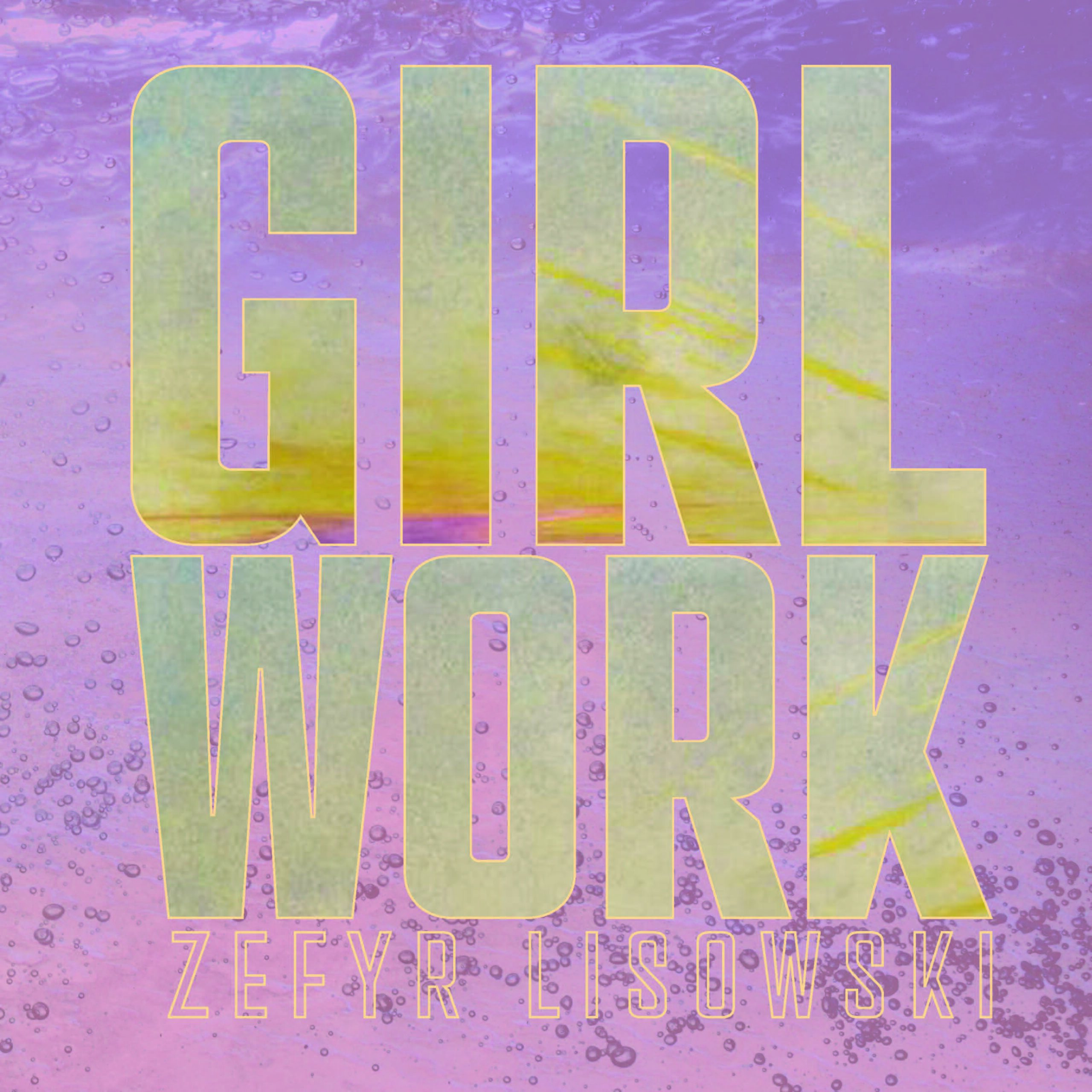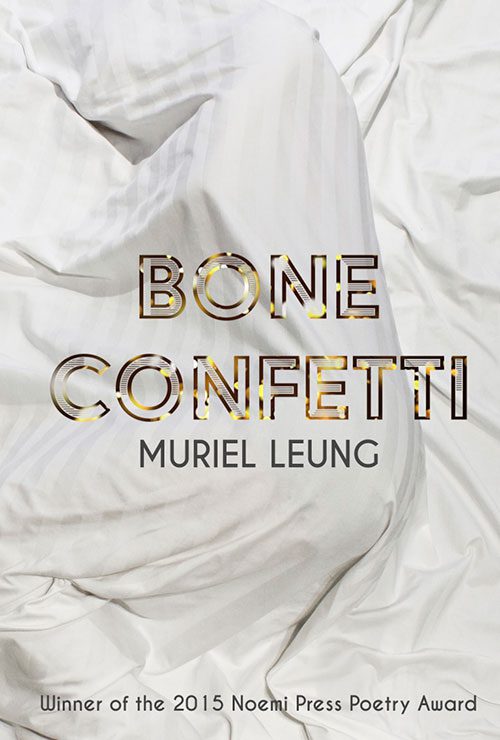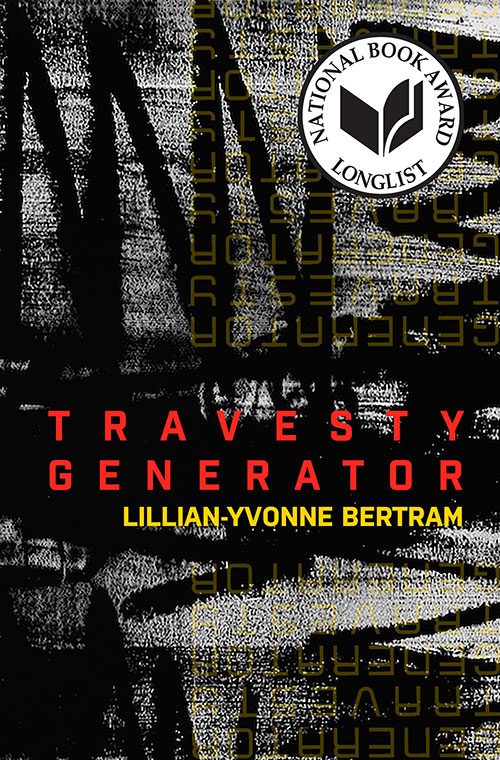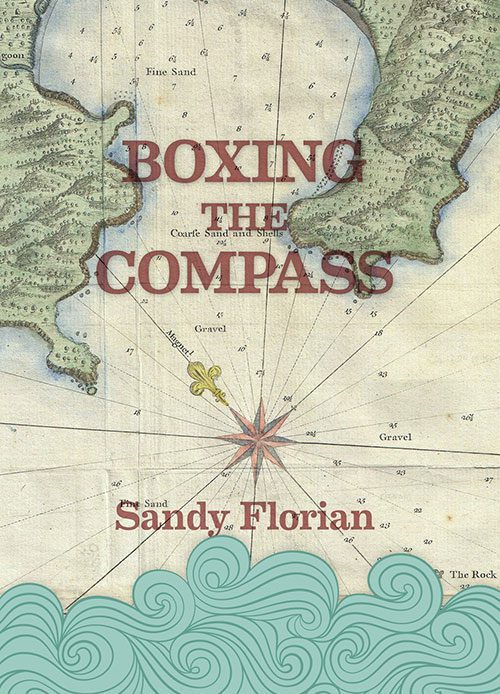Girl Work
by Zefyr Lisowski
$18.00
Synopsis
WINNER OF THE 2022 NOEMI PRESS BOOK AWARD IN POETRY
GIRL WORK, a book-length meditation on sexual violence and feminized labor, centers hybrid-form and prose poems exploring haunting, labor, sexual trauma, and the assertion of a gender- nonconforming self in our current political moment. Written in injunctions to the self, to past assailants, and to friends, GIRL WORK challenges canonical representations of pain as punitive, redemptive, or separable from the environmental conditions it springs from. Throughout GIRL WORK, a self is restored from the detritus of memory—flashes of sexual violence, pop cultural touchstones like the movie The Ring, the music of Ke$ha, the sudden death of a father, the paintings of Henry Darger, and more. Winner of the 2022 Book Award from Noemi Press.

Blurbs
In Girl Work’s opening poem, Zefyr Lisowski asks a question which is not one: “Maybe after we give up on beauty, we enter a better world. // I’ve given up on beauty, but when did the betterness leave.” What follows is a beautiful collection deeply haunted by the gendered and gendering violence beauty both solicits and obscures. Also, a collection of intimate and formally-inventive works on and against the myriad coercions of intimacy, work, and form. What I am trying to say is that Girl Work, in all its “fflawed beauty,” performs one of the most vital tasks of contemporary poetry; it sets out to contest our deadening realities and their reproduction in and through the aesthetic. And it does so not out of a desire to claim “its own goodness” but, rather, to say something true about how to make art, life, oneself, and each other in the fraught, “fucked,” generative zone of neither beauty nor better.
Cameron Awkward-Rich
Zefyr Lisowski’s Girl Work is, among so many other powerful things, a meditation on the passage of time. It befriends memory even as it interrogates it. Lisowski commits to the work of considering the body, and in doing so makes ethereal what could otherwise be grueling: violence, aging, beauty. Here is the rare collection that resists nostalgia, yet welcomes the past as an estranged lover or former friend. Girl Work is not merely embodied—it is hungry, it is cold, and it remembers what happened. Lisowski makes art of what one can never forget.
Cyrée Jarelle Johnson
How do we concretize the trauma mind? In Zefyr Lisowski’s Girl Work, bodily horrors encircle us like a ring. A ring is an endless shape, an echo ground into earth, a movie, the borders of combat, part of remembering what you did. In Girl Work, power is the body dripping with vengeance, having returned from nothing, from a hole, from “a deep voice that scratched the ceilings of the well.” Lisowski writes toward a probing, asking us to consider beauty with the same lines of inquiry given to medical ethics, poverty and inheritance. To Lisowski, beauty is a gummy thing that can be scraped, inverted, wielded, and used as only the girl-body can be. What I love most about Girl Work is the language, so hardened in its possession it snaps off the page, imprints itself repeatedly until it vibrates with “red-toothed hunger.” Just as Samara Morgan haunts her viewers to death in her psychic retellings, Girl Work imperils us to take in her world as it glitches, remembers and burns to become “the story of the girl / found at / the bottom of a well.”
Natalie Eilbert



